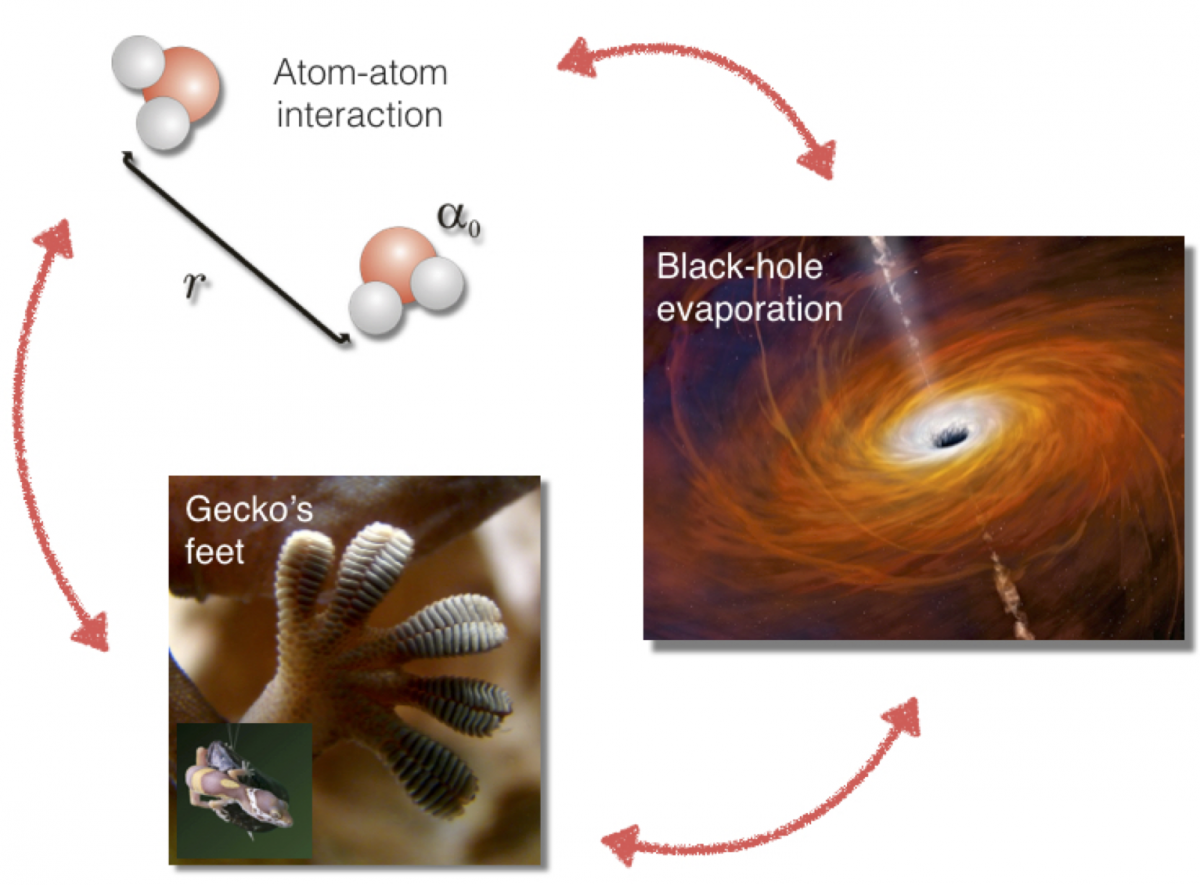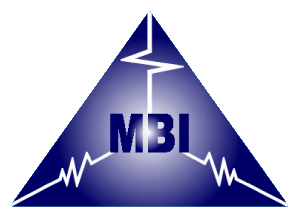Quantum Theory of Fluctuation-induced Phenomena
Structure of the class
Fluctuations are omnipresent in both the classical and the quantum world and they are connected with a panoply of phenomena of great importance in different areas of physics, ranging from quantum field theory to gravity, from statistical physics to cosmology. This includes multidisciplinary topics such as biophysics, optomechanics and, in general, light-matter interaction. The exact understanding of fluctuation-induced phenomena is rapidly becoming important for the characterization of modern experimental set-ups and for the opportunities and challenges that they offer to nanotechnology. (Read more.)
The aim of this lecture will be to make the student acquainted with fundamental concepts of quantum fluctuation-induced phenomena. The course consists of two sessions a week. The lectures are accompanied by weekly tutorials where the solutions of the problem sheets and questions about the lectures are discussed. During the exercise class the problems proposed to the students the week before will be discussed. The exercise class will give them the opportunity to discuss concepts and mathematical demonstrations required during the future lectures.
The class requires a good knowledgde of the topics and the mathematical tools typical of a Bachelor of Physics. Particularly important are Electrodynamics and Optics, Quantum Physics and Advanced Quantum Theory as well as Thermodynamics and Condensed-Matter Theory.
The lectures do not follow a specific textbook. Instead, a script will be provided that summarizes with detail the material presented during the lecture. The full script can be dowload from this page and it is password protected. The script might be updated during the lecture.
Lectures are on Wednesday (the first is scheduled for April 19, 2023) at 3 pm (c.t.). Tutorial sessions are on Thursday (the first is scheduled for April 20, 2023) at 1 pm (c.t.).
During this tutorial session we will review some mathematical concepts and techniques useful for the class.
Additional information is available on Moodle (Link). For participating in the lecture please register on Moodle. For the moodle password, please send an email to Francesco Intravaia.
Link to the Vorlesungsverzeichnis
- Lecture:
- Exercise:



